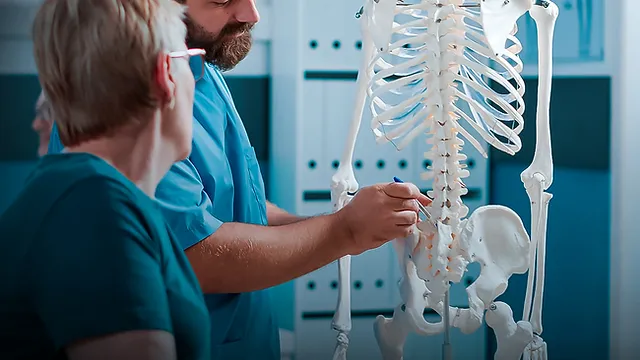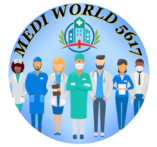ORTHOPEDIC DEPARTMENT'S DOCTORS

Doctors in the orthopedic department are specialists trained to diagnose, treat, and manage conditions of the musculoskeletal system. Here is an overview of the roles and specializations typically found among orthopedic doctors:
Types of Orthopedic Doctors
Orthopedic Surgeons:
- Specialists in surgical treatments of bones, joints, muscles, and ligaments.
- Perform procedures such as joint replacements, fracture repairs, and arthroscopies.
Non-Surgical Orthopedic Specialists:
- Focus on diagnosing and treating conditions without surgery.
- Utilize treatments like physical therapy, medications, or injections.
Subspecialists in Orthopedics:
- Sports Medicine Specialists: Treat sports-related injuries like ligament tears and tendonitis.
- Spine Surgeons: Focus on disorders of the spine (e.g., herniated discs, scoliosis).
- Pediatric Orthopedists: Treat children’s orthopedic conditions like clubfoot or growth deformities.
- Hand Surgeons: Specialize in hand, wrist, and elbow conditions.
- Trauma Orthopedists: Handle severe injuries like complex fractures and dislocations.
- Oncology Orthopedists: Treat bone and soft tissue tumors.
Physiatrists (Rehabilitation Physicians):
- Focus on non-surgical management and rehabilitation of musculoskeletal disorders.
Key Roles and Responsibilities
- Diagnosis:
- Perform physical exams and review imaging studies like X-rays, CT scans, or MRIs.
- Treatment Planning:
- Develop both surgical and non-surgical care plans tailored to the patient.
- Surgery:
- Conduct minimally invasive procedures, open surgeries, or joint replacements.
- Post-Surgery Care:
- Oversee rehabilitation, follow-ups, and recovery management.
- Research and Education:
- Engage in research to improve treatments and educate medical trainees.
Skills and Expertise
- Expertise in anatomy and biomechanics.
- Proficiency in surgical techniques and advanced technology (e.g., robotic surgery).
- Strong communication skills for patient care and multidisciplinary teamwork.
